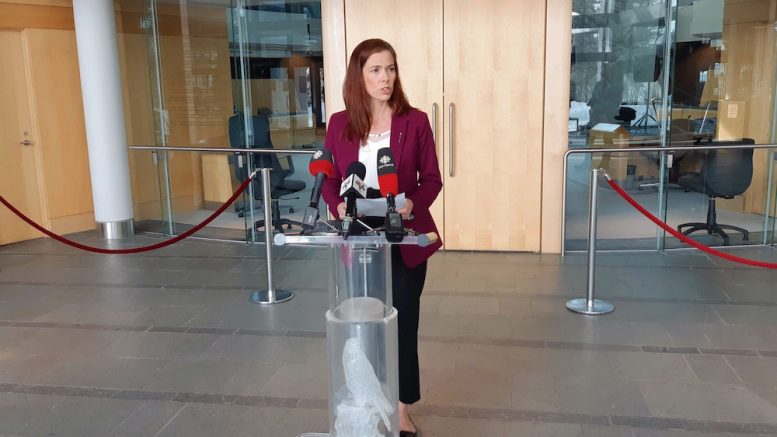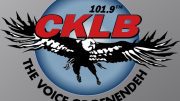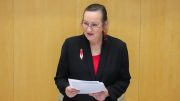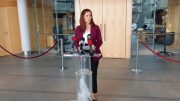A more inclusive approach to setting financial policy is coming to the NWT through a public online budget dialogue with several online sessions planned to discuss the budget for 2021.
The Government of the Northwest Territoires is hosting online sessions that will take place between July 20th-August 4th, where residents will have the chance to engage with Caroline Wawzonek, minister of Finance, directly.
Wawzonek will lead four online public sessions and two by invitation only, sector-based (business, government, non-profit) sessions. In a media briefing, Wawzonek says the GNWT is also working on having a third sector-based dialogue to involve Indigenous governments to contribute to the conversation.
The public sessions will take place on :
- July 23 at 7:00 PM
- July 24 at 12:00 PM
- July 28 at 7:00 PM
- July 30 at 12:00 PM
Residents will be able to join the sessions here.
Wawzonek says these online sessions will allow residents to talk about areas of opportunity in the territory and to explain how the budgeting processes work through a presentation and FAQ session.
“We are about relationships and people,” says Wawzonek, things like increasing population efforts, taxation, and understanding the NWT’s small labor force, will help residents understand the budgeting priorities of the North.
She adds, “It is my intention to continue to provide opportunities for public engagement on the budget to ensure that wherever possible our decisions are informed by the perspectives of those they will affect”.
The GNWT says the budget dialogue sessions will also help develop future budgets by ensuring the government is spending and borrowing money appropriately. A conclusive document, called What we heard? should be ready by early August, coupled with a script, french translation and video to aid in the budget processes.
The government has also made a survey to help bring residents into the conversation and gauge interest.
CKLB radio has reached out to the GNWT for a comment regarding the translation of documents to speak to the 9 indigenous languages in the territory.
Mariah Caruso is a digital journalist, originally from Toronto, Canada. She graduated from the University of Toronto with a Hons. Bachelor of Arts and completed her Journalism post-grad at Sheridan College. She has an insatiable appetite for life, storytelling, connecting to the people, and getting to the heart of the issue.
On her spare time, you can find her at your local coffee shop writing songs, poetry and prose or at the gym out-lifting men.
If you have a story idea, feel free to send her an email at mariah.caruso@cklbradio.com or call 867-766-2552 Ext 108









